It’s her thing. The good old steal and go, she does it every time. The squeaking of Kaiah Bacho’s shoes blared as she jumped to take the shot. Then she’s down. The whole gym goes quiet. She limps off the court. Who would have known it would be the last game of her senior basketball season?
“I felt something in my knee pop out as I made contact with the defender and I knew something was wrong even before I landed,” said Bacho. Having a fall like this could be brutal for a high school basketball player, especially since Bacho is a senior. Then she got the worst news. Bacho had torn her ACL. Doctors didn’t know for sure yet until the MRI, but everyone had a hunch. Her season was over and that didn’t only affect her physical state where she had to wear crutches for weeks. It also affected her mindset about the game. She isn’t able to play the sport she loved for a long time; the whole season.
At first when the injury happened “I felt pretty defeated. I was really upset because obviously, this is a major setback in my basketball career.” Bacho also said, “At first it was pretty negative to my mindset and mentality.” Bacho struggled with her feelings about the game getting the better of her, like many athletes who get injured. Having this mentality can damage an athlete’s psychological state, overwhelming them with the idea where they feel they have to start from scratch to build themselves up again.
According to the National Society of Medicine, “Athletes experience symptoms of depression, anxiety, and related mental health disorders at rates similar to those of the general population…” It makes many injured high schoolers feel weak, which they don’t like. Only when the athletes show they rise from their injury, do they show how strong they are. This part is very hard for student-athletes because there is fear that if they get injured again the athletes would have to go through the same struggle with their mindset.
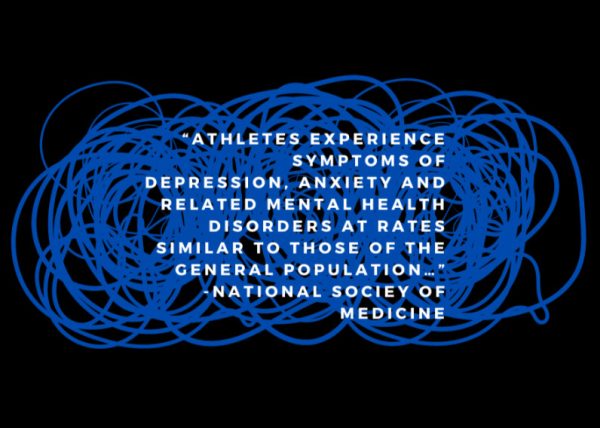 One mental change that Bacho had to think about was wondering if she was going to be as good as she once was she came back to the sport.
One mental change that Bacho had to think about was wondering if she was going to be as good as she once was she came back to the sport.
Bacho said “My love for the game will stay the same and playing will be just as fun, however, I think there will be a bit of fear at first knowing that I could get injured again. It will probably be more difficult for me to take risks during the game again.”
Bacho is just one example of many student-athletes whose mindsets changed to fear because of their injury. Fear of failure, injuries, and not being better than before. The injury is not only physical but it causes injuries inside an athlete’s head as well. Even though Bacho is fearful of what is to come next with her having surgery shortly, she is ready to take on her challenges with a new mindset she puts on and is ready for anything.
“I think that eventually, my fears will go away once I start to trust my body again,” said Bacho. For athletes, it’s all about trusting who they are as a people and knowing that they are going to be able to fight through adversity to get to their goals. Also, they need to trust themselves that them as an athlete are good enough to play their sport again even if their mindset is telling them no. Kaiah Bacho is going to recover and get back to playing the sport she loves with a mentality even stronger than before. She has changed her mindset from negative to positive and is looking for the future while having a few scholarships in mind for basketball, if she decides to play.
Bacho’s story is just one of an injury in sports injuries in sports like this happen more often than people think. According to US News, “at least 5.3 million high school athletes are injured a year.” This means that per 1,000 athletes playing sports in high school, at least 2.3 of them are going to get injured.
“Being in sports you see injuries all the time. It happens more often than not, and some of them are season-ending while others players are able to bounce back,” said freshman varsity girls basketball player Gabriella Randolph. Even with this many injuries in sports, there are still assumptions that the only pain is physical, but for most students on campus who have experienced injuries, there is a mental side of it too. Students who are taken out of sports due to injuries through many mental changes and challenges, and often wonder if they will ever go back to playing as well as they did before.
This is true for freshman Kapri Mejia. Mejia was born with a knee injury and was bound to get surgery. Mejia had a condition in which her left leg was longer than her right. This is called a stunt in her growth plate and was walking lopsided until January 2020. She had to get surgery in the middle of her season.
Mejia was excelling on a soccer team when this surgery had to take place, and a lot was going through her mind at that moment.
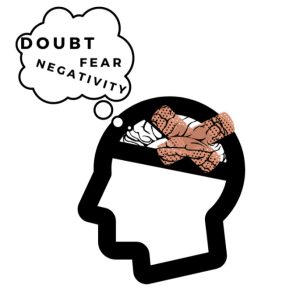
“The surgery wasn’t even the part that scared me the most, it was my mind wondering and thinking that I wouldn’t be able to play sports as well as before,” said Mejia. Having to have surgery and be in a brace for a little while not only affected her skills physically, but it changed her whole mentality. Her mindset had changed to be different from before the injury. It was doubtful and she was trying to hold onto hope for her sport. Mejia was forced to stay in a brace for her legs for a little while while her leg healed from her surgery.
“It broke my heart actually being in the brace and everything because I was able to work out for the sport I loved with my brace on. My mind just kept bringing me towards, what if my legs don’t work like they used to before?” said Mejia.
As a student-athletes, there is a lot of pressure to be good at what they do, and having setbacks due to injury is heartbreaking. Having all the time off from injuries can have a mindset go the way it shouldn’t, which surprisingly happens to a good amount of injured student-athletes.
After she got out of the brace, Meija got back into sports. She didn’t have the heart to be able to get back into soccer again because she thought she wouldn’t be able to play as well as she did before, so she ended up running track.
“I just didn’t feel the same love for soccer anymore, and I needed to move on after my injury so I chose track,” said Mejia. After her injury, her feelings toward soccer changed drastically from before and after her surgery. She ended up achieving in this sport and overcoming her fears of getting hurt again by putting her all on the track. Her mentality had to change a lot after losing her love for soccer and then switching to another sport. It is tough to lose a sport, but Mejia pushed through and found a new sport to love. As of now, she is excelling in high school track, potentially making varsity as a freshman.
Overall mindset and mentality are huge in sports injuries and should be highlighted more often. It is not just the physical pain, it is also the doubt, fear, and negative feelings coming upon the athlete. If we pay more attention to athletes’ mental states, those surrounding these athletes may be able to help a smooth recovery.



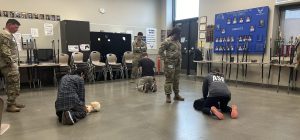
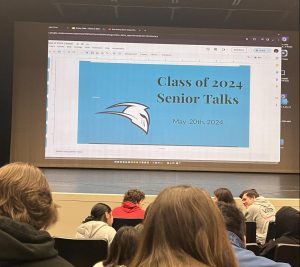



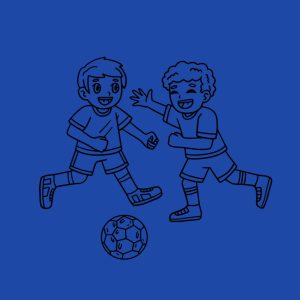
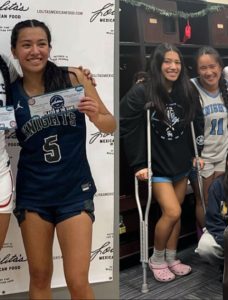



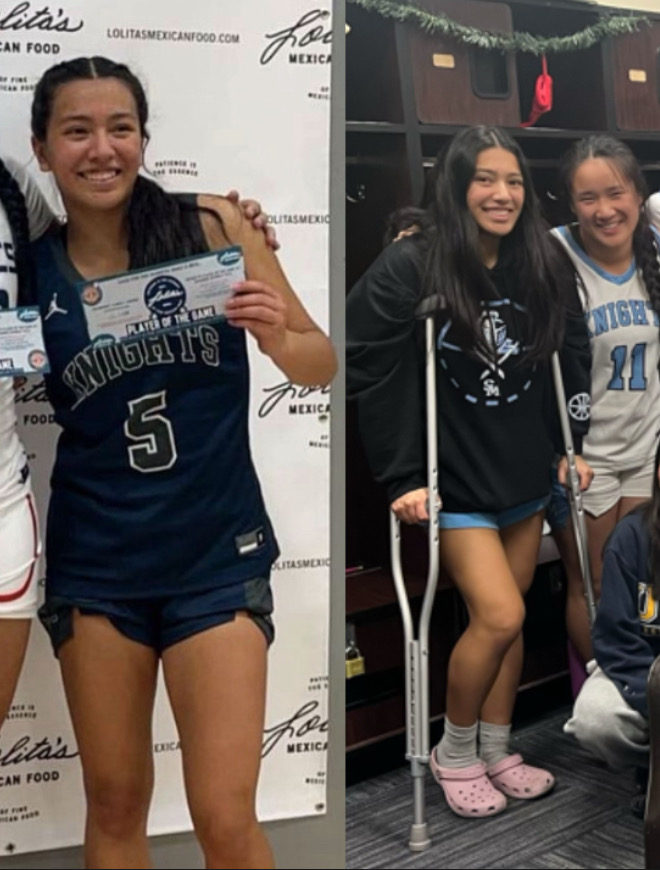

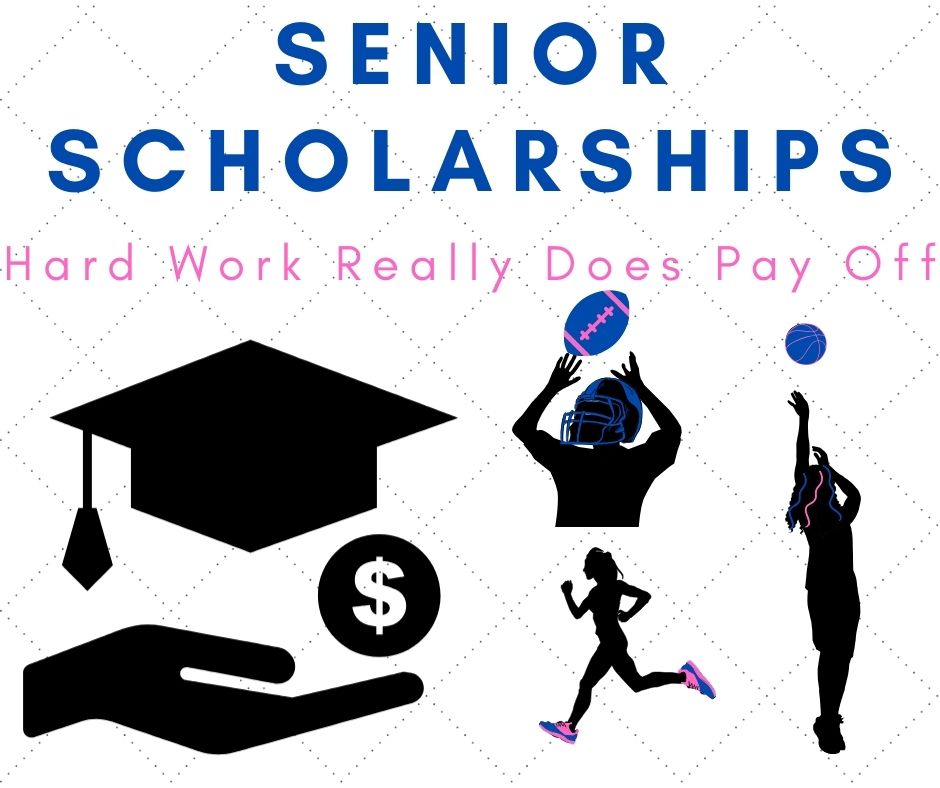
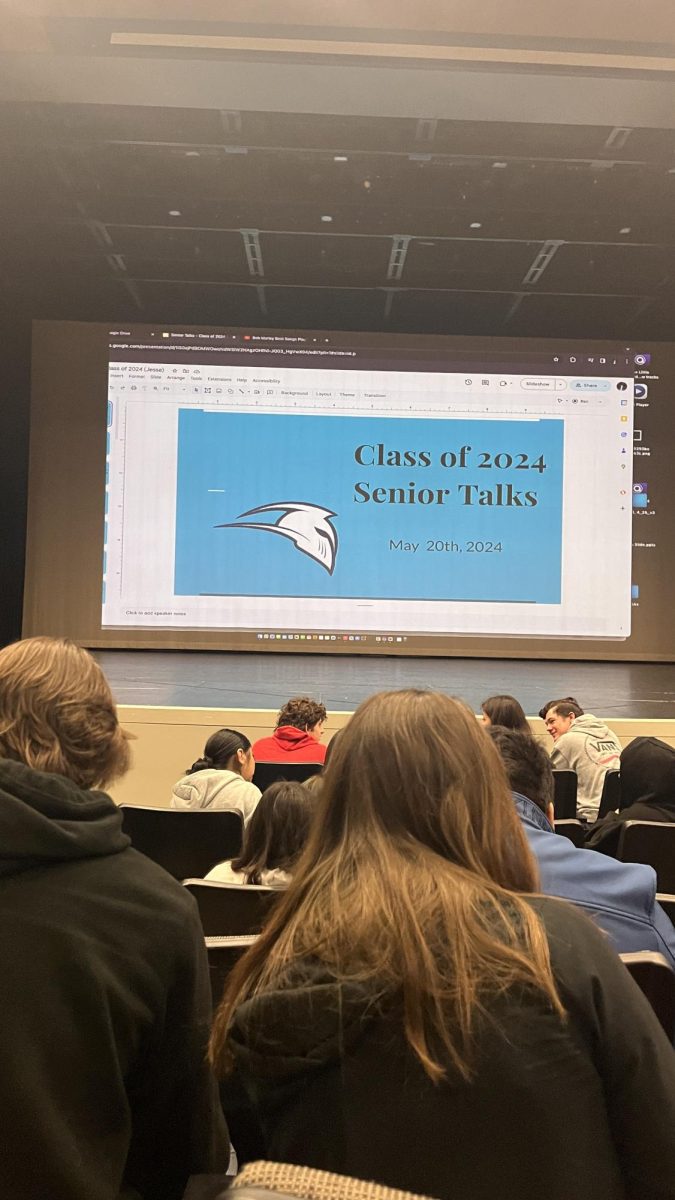

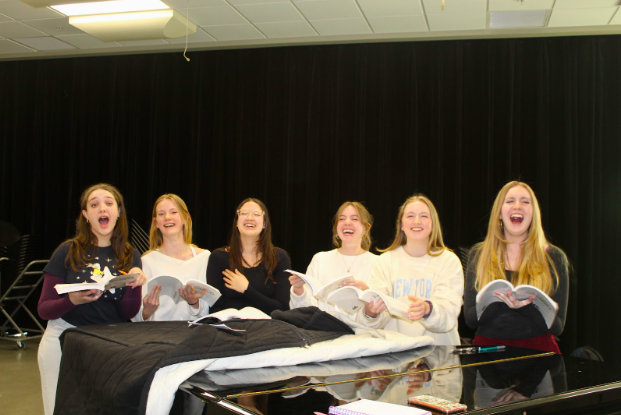



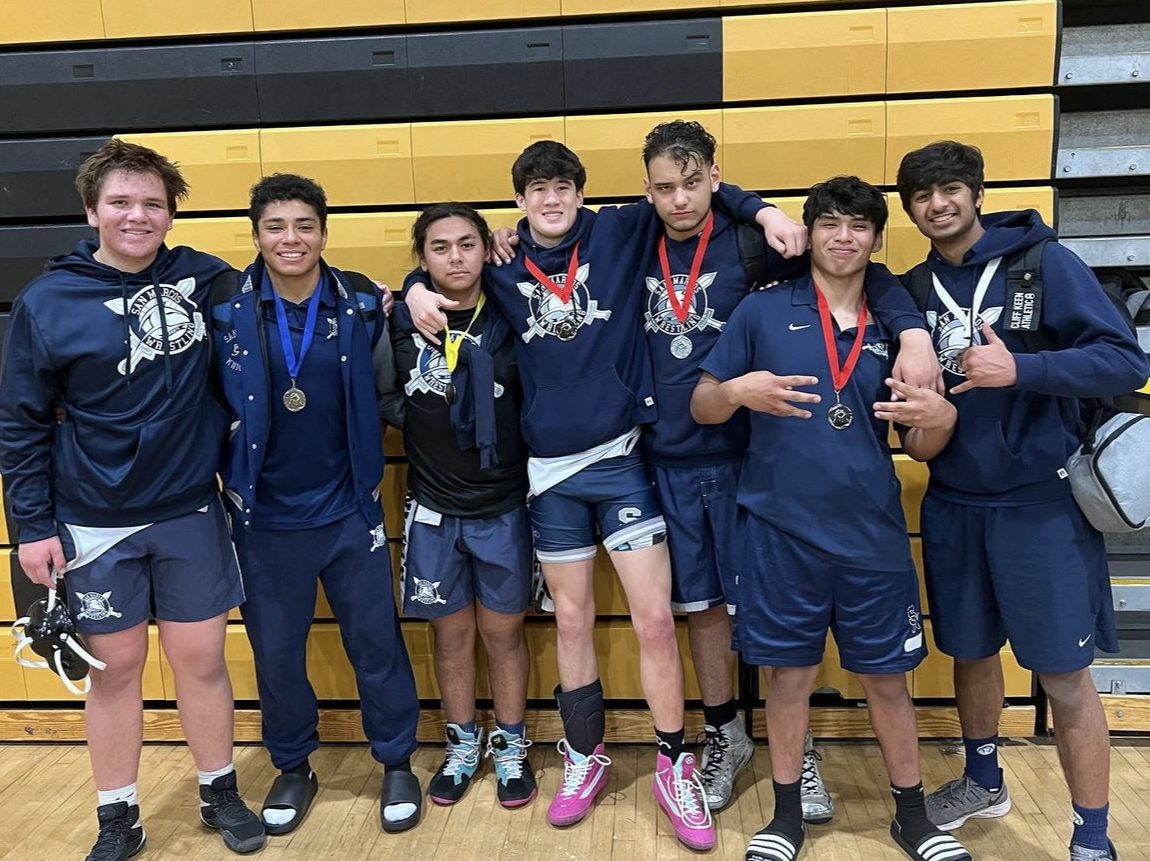
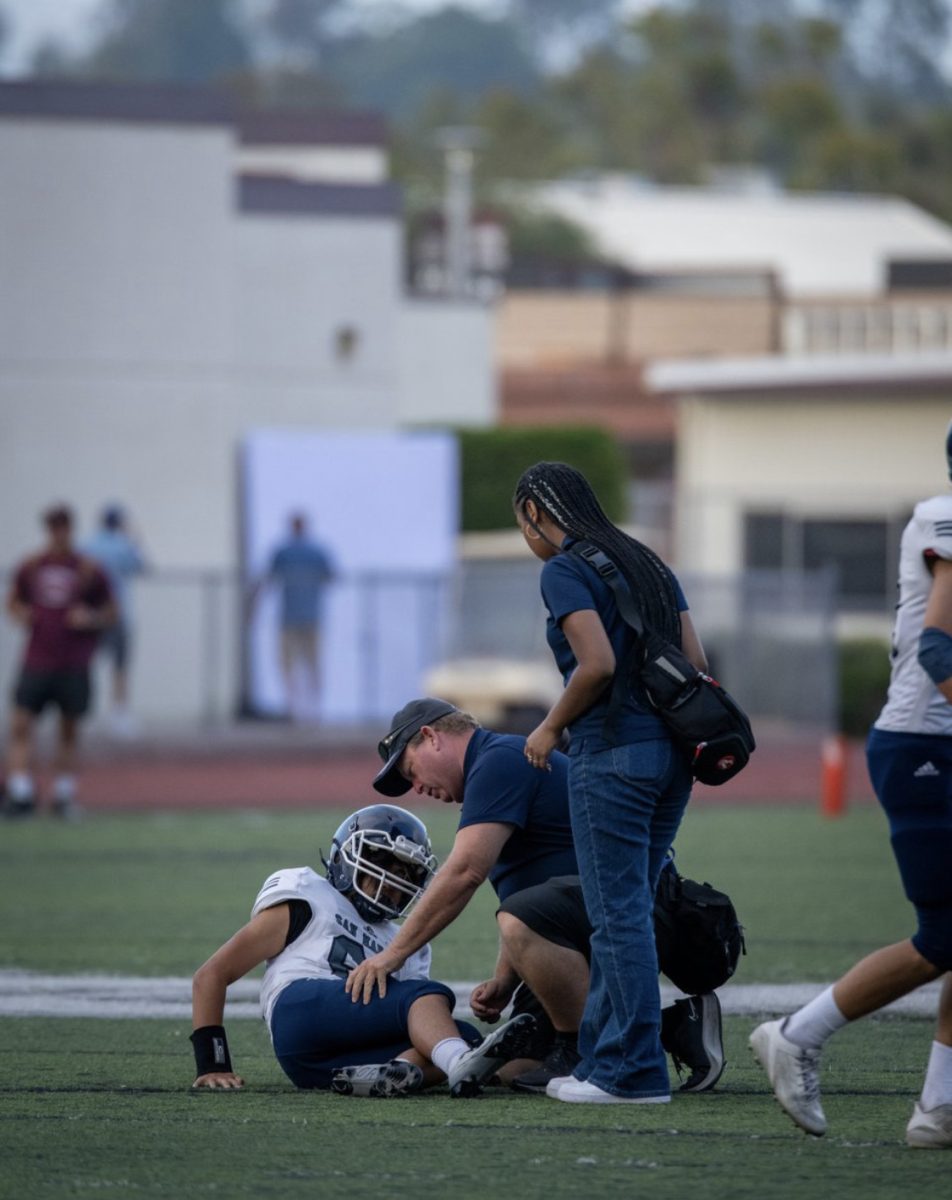
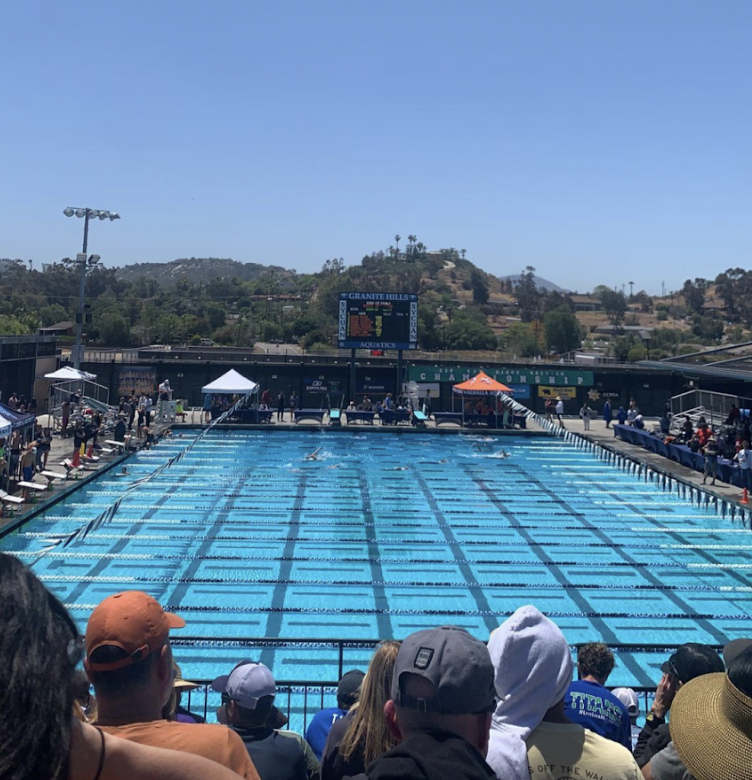
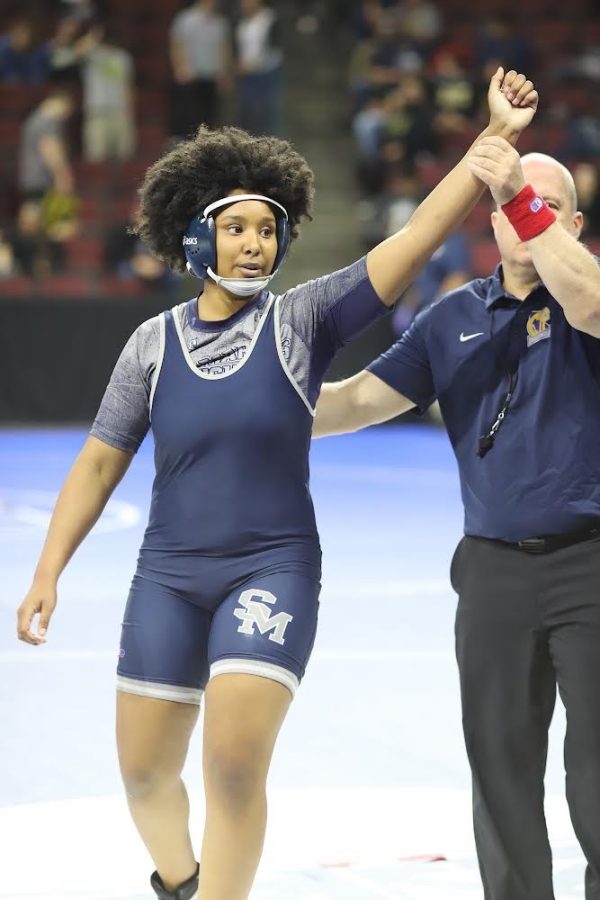
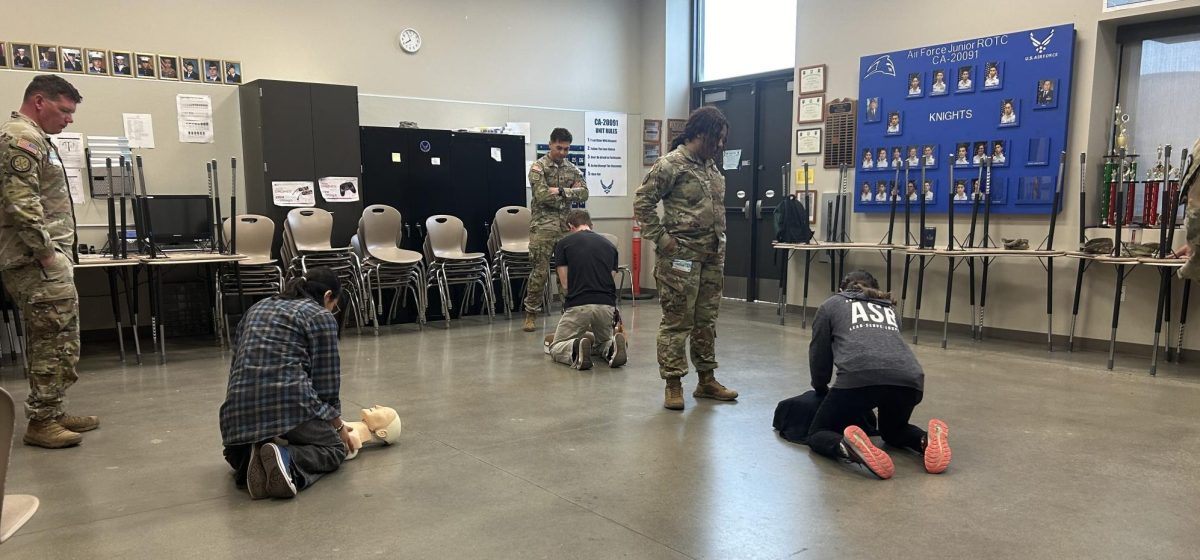
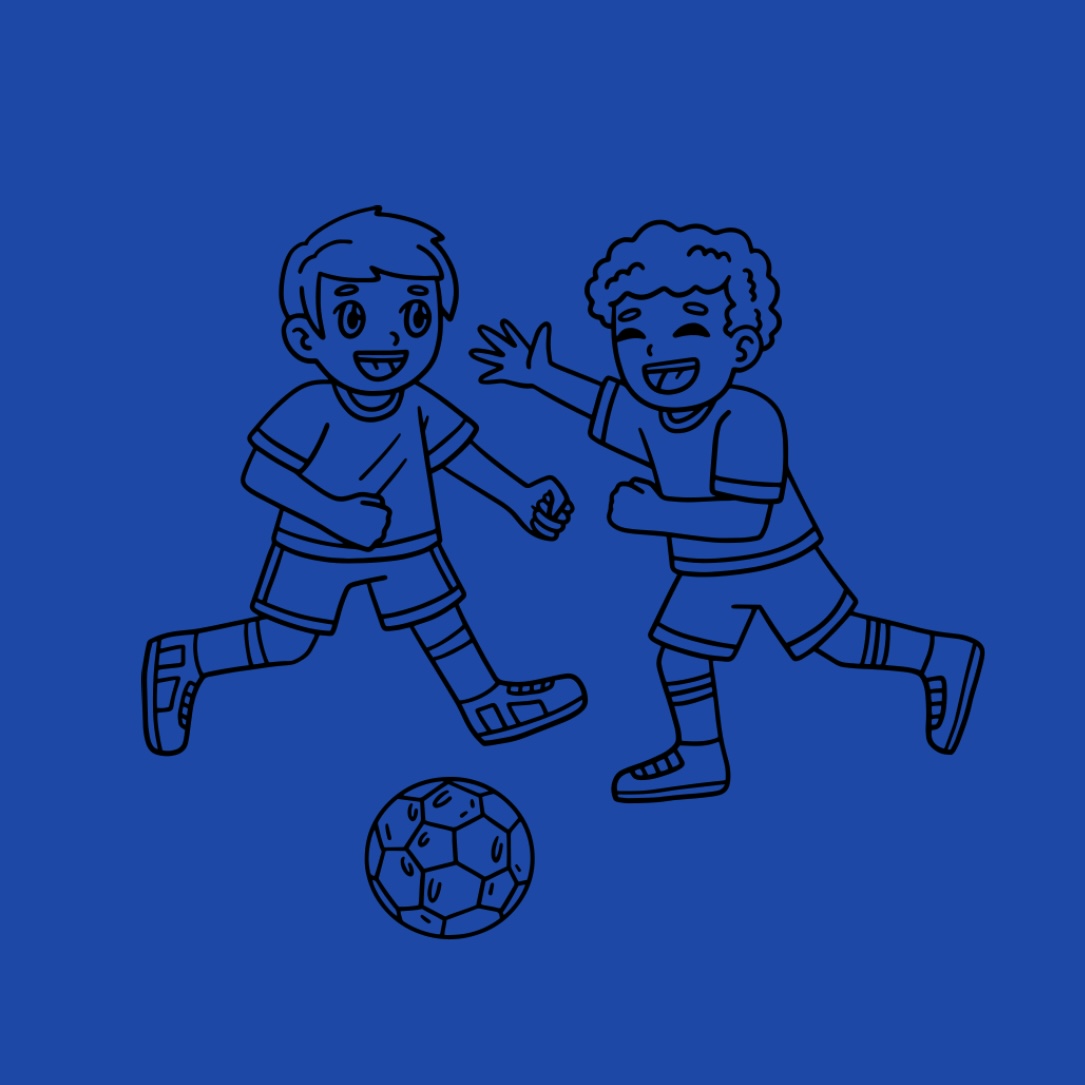

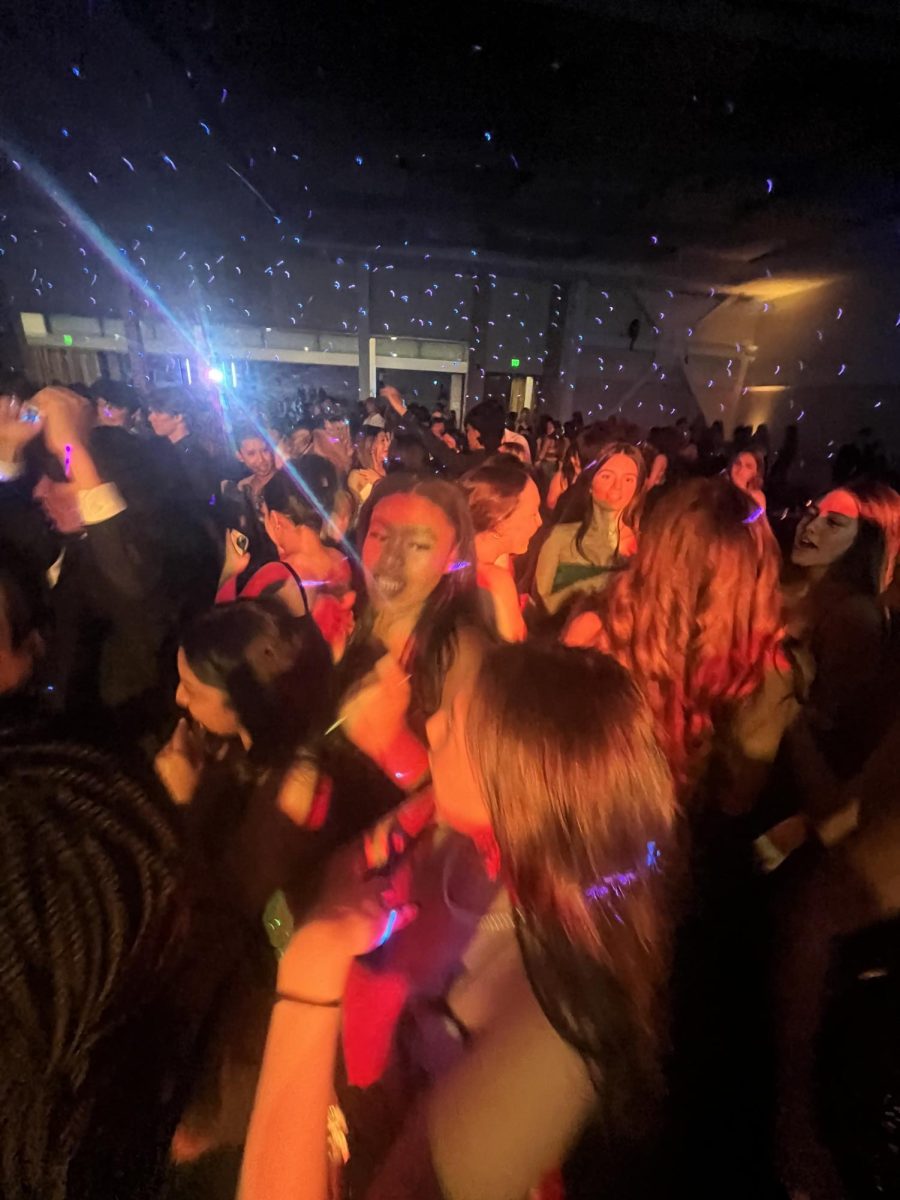
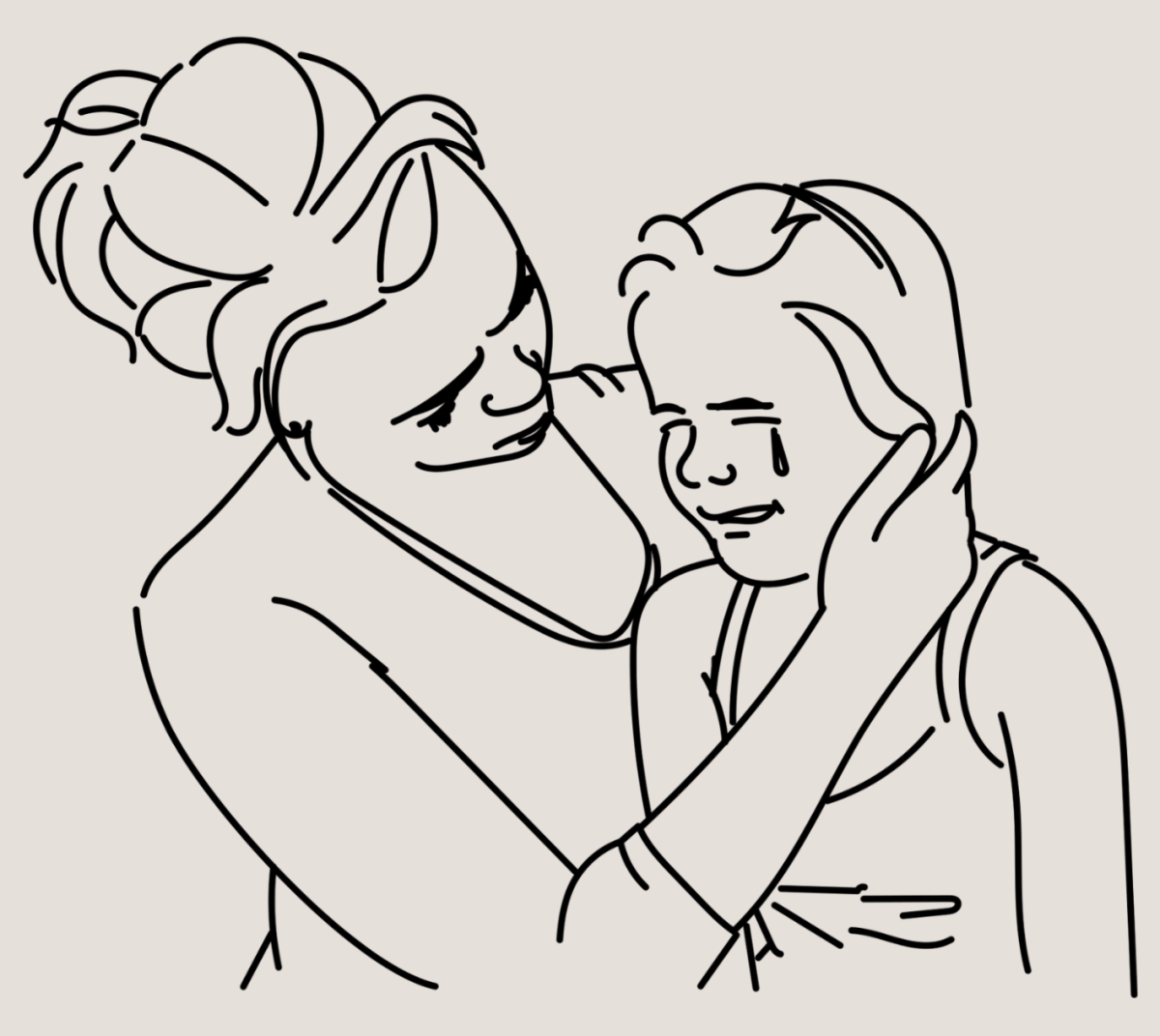
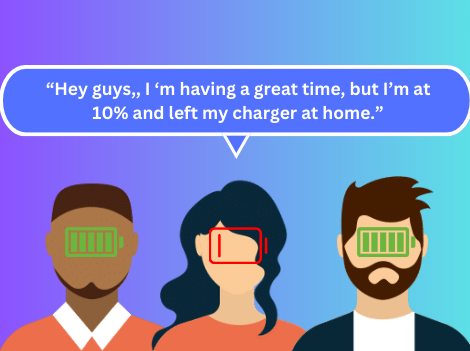

Ms. Vokal • Apr 19, 2024 at 11:59 am
What a great topic, and how well written this article is! Thank you, Ms. Vokal, guest teacher